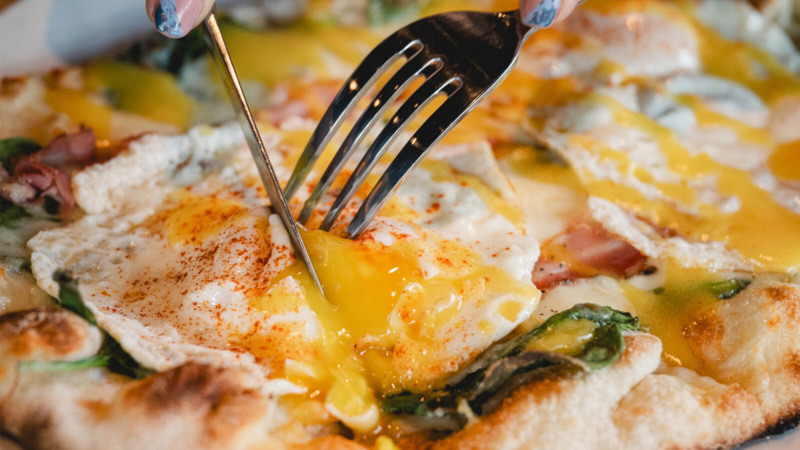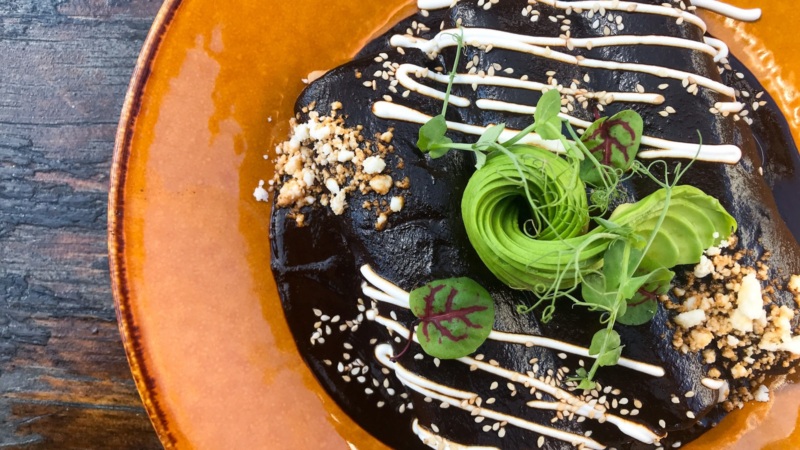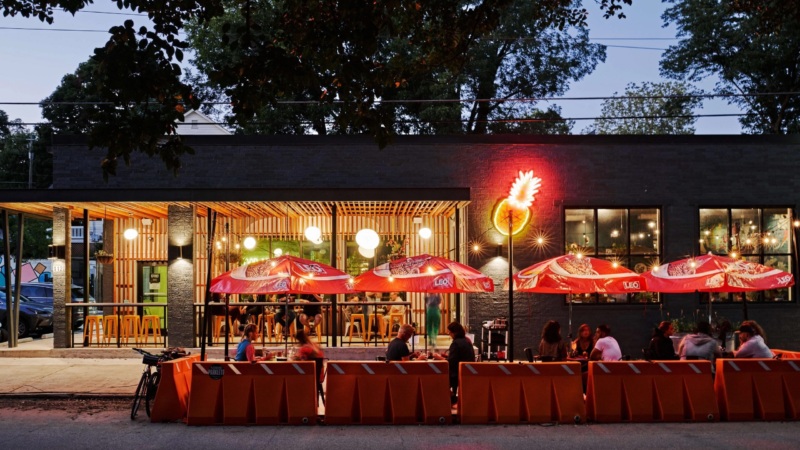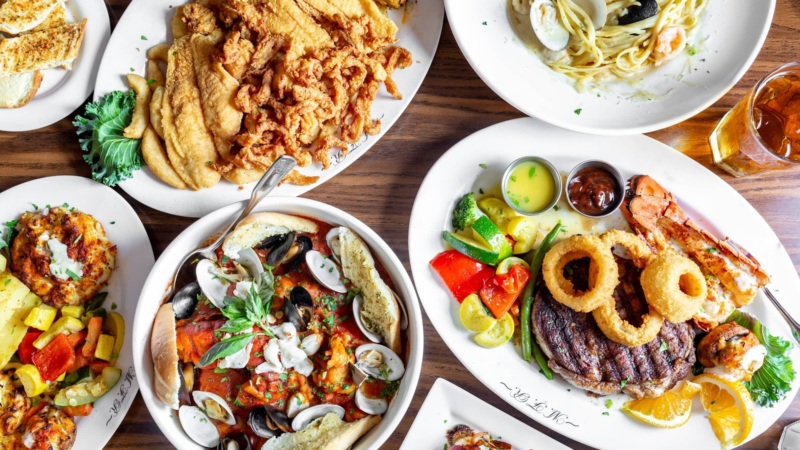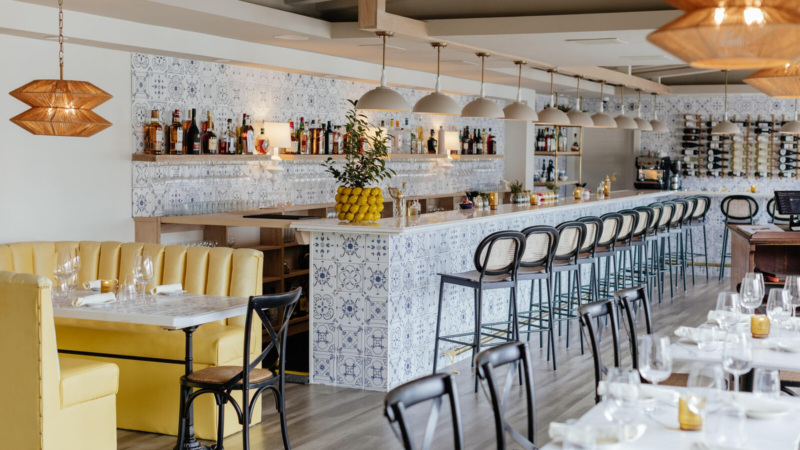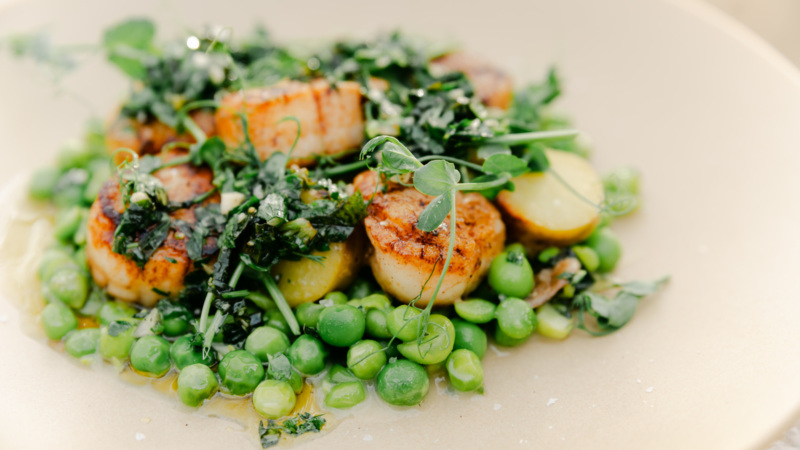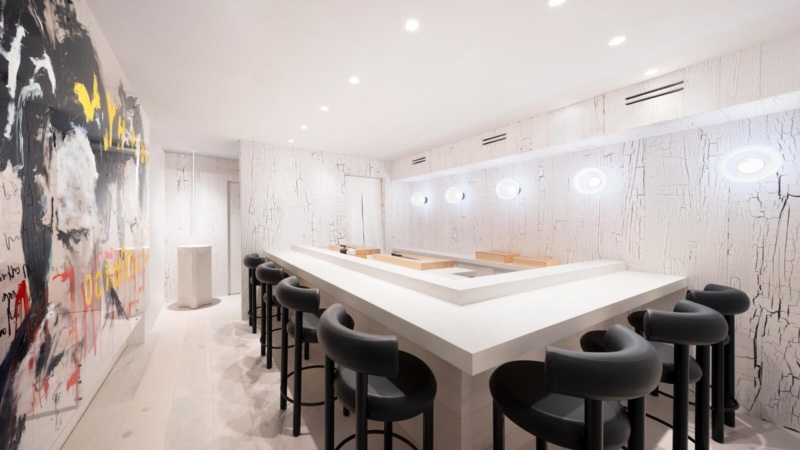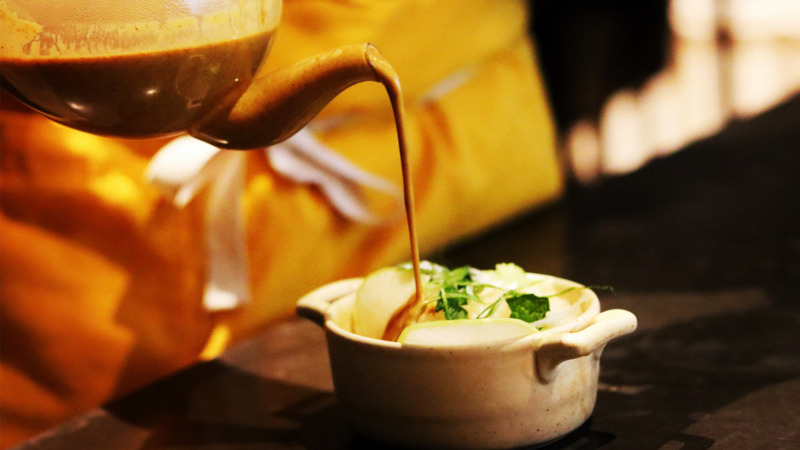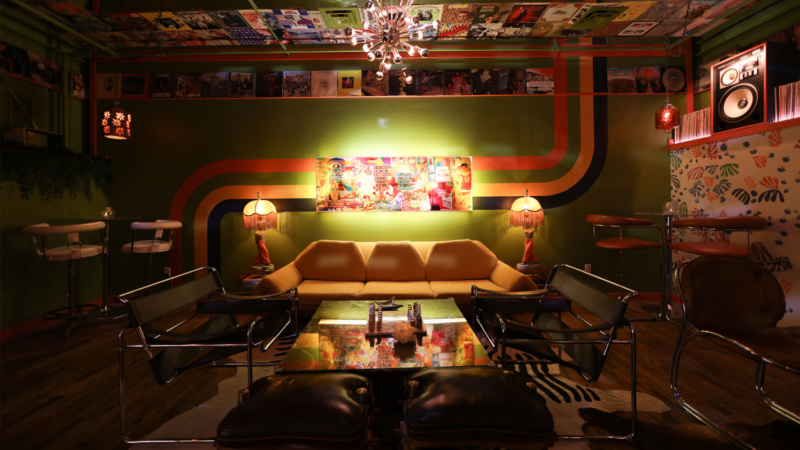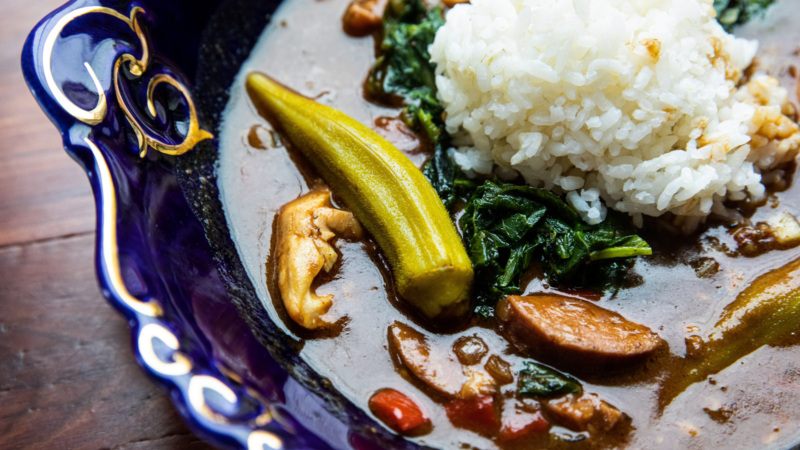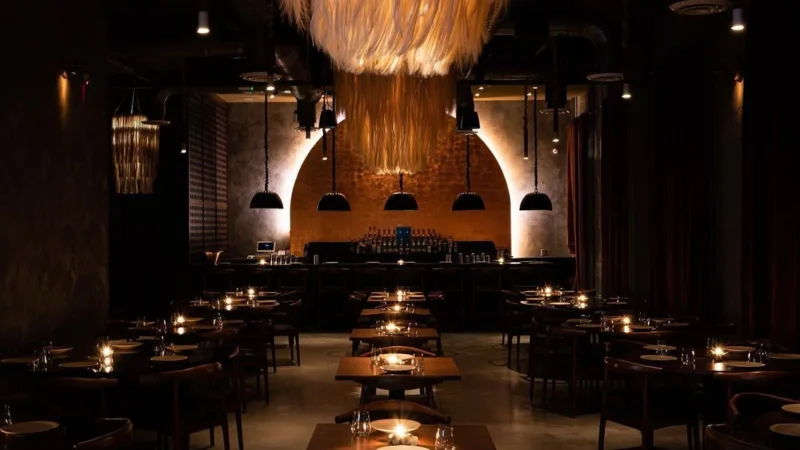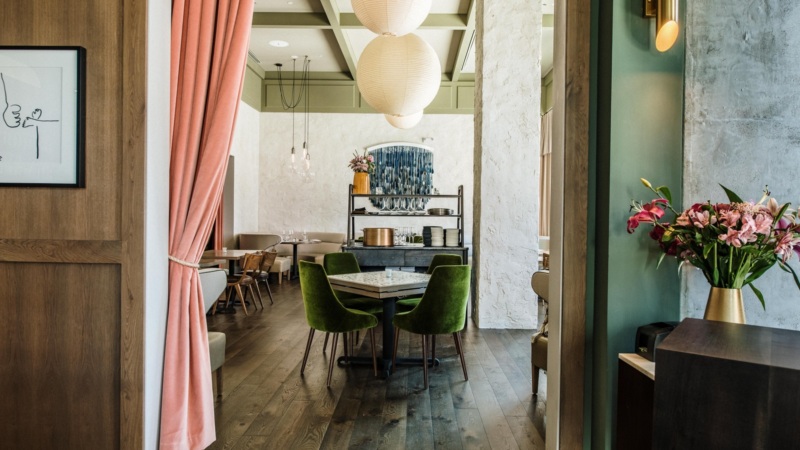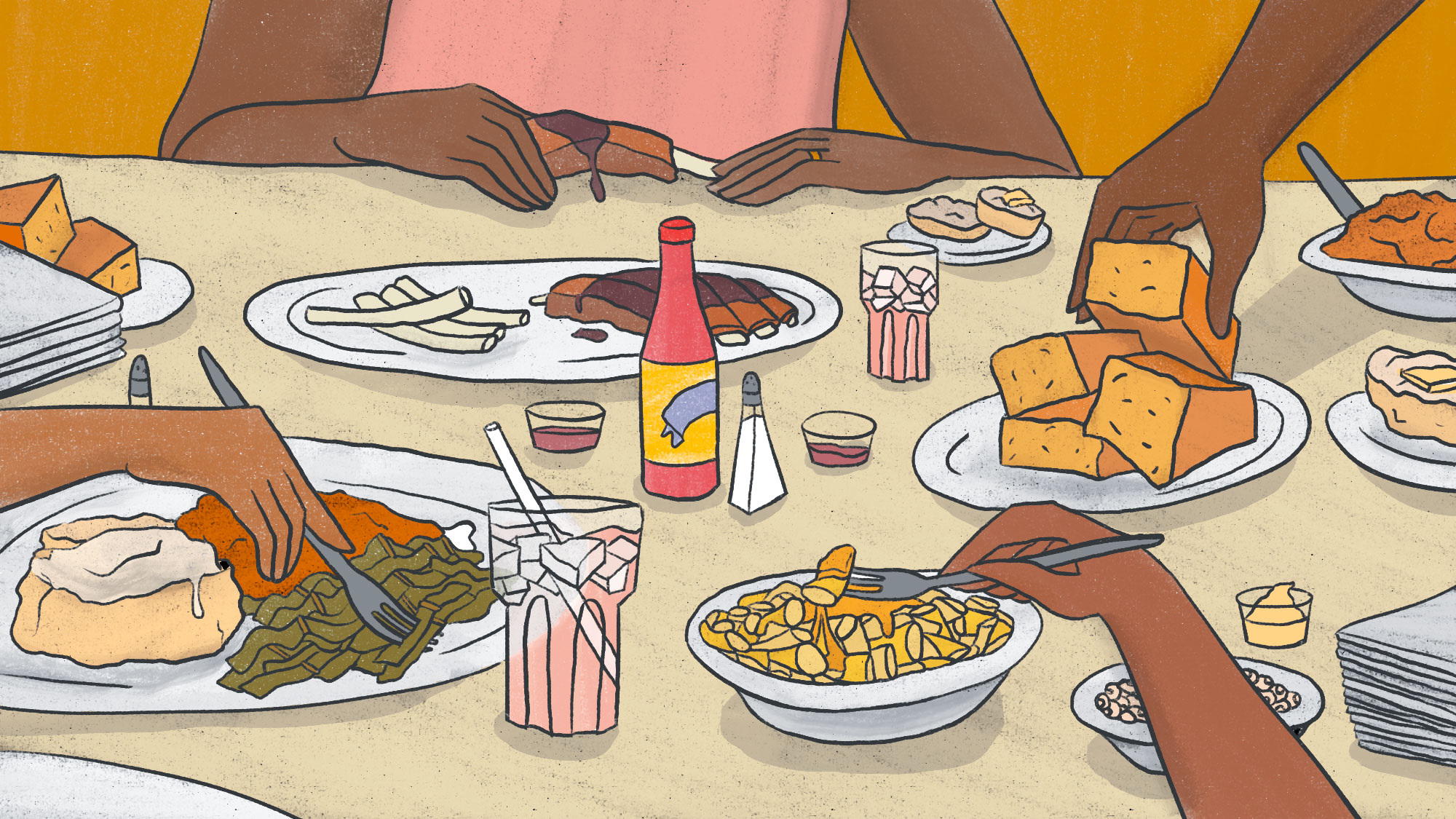
Remembering Atlanta’s Bygone Black-Owned Restaurants
A family photograph — one with me cheesing harder than I ever have, wearing a frilly, powder blue dress and surrounded by my sisters and my parents — is the only tangible memory I have of the time I dined at the bygone Sylvia’s Restaurant in Atlanta.
I’m sure we ate some crispy buttermilk fried chicken dipped in hot sauce, creamy mac-and-cheese beautifully browned in the oven, likely on 350 degrees, and some of those pillowy-soft, from-scratch biscuits, slathered in honey butter.
And I’m sure we laughed and reveled in quality time while surrounded by other diners, as waiters danced around the dining room shuttling in plates and drinks and extra napkins. We were there celebrating I’m told, of what specifically I have no idea. But the warmth of comfort while eating there is something I can easily recall — warmth that matriarch and restaurateur Sylvia Woods herself fiercely worked to inject into all of her restaurants.
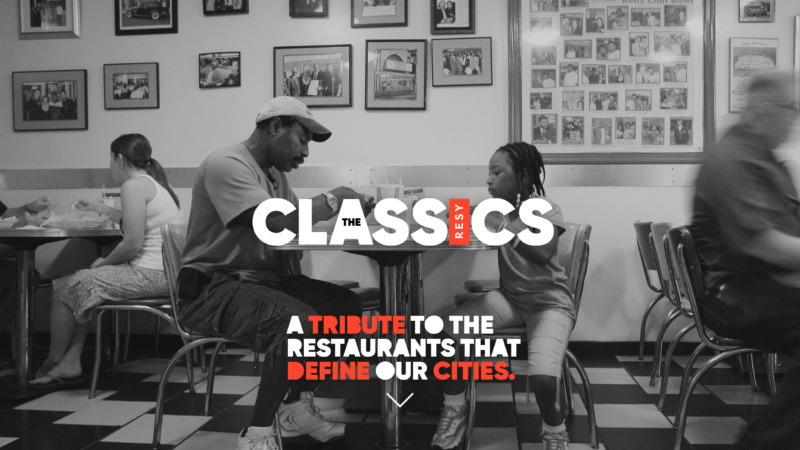
- The Classics: Homepage
- The Classics Remix, Atlanta: Tickets on Sale Now!
- For Atlanta, Paschal’s Serves as a Monument to History — and Hope
- Shared Cultural Memories and Enduring Legacy at Sylvia’s
- Soul Survivor: The Story of the World’s Oldest Soul Food Restaurant
- The Layered Legacy of Roscoe’s House of Chicken & Waffles
- Nine Questions for the Matriarch of Prince’s Hot Chicken
Woods, whose first restaurant of the same name opened in Harlem where it remains today, hailed from Hemingway, S.C. I know this because the purple and white cookbook telling her family’s stories and sharing their intergenerational recipes was a fixture in my mother’s cookbook collection. I’d stare at the glossy and bright pictures of poundcake and ham hock-flecked collard greens in awe imagining what they’d taste like.
The original location of Sylvia’s opened in 1962 in Harlem, and eventually she slowly began to expand her business, opening restaurants in Baltimore, St. Petersburg, Brooklyn, St. Louis, and here in Atlanta, right on Central Avenue within the downtown area of the city.
Its opening in February 1997 added to the storied tradition of Black-owned restaurants throughout the metro Atlanta area — places like Paschal’s and Busy Bee Cafe which acted as shelter, refuge, and comfort for Black Atlantans as well as visitors from throughout the South and the entire country.
And when Sylvia’s later shuttered its doors, it joined the ranks of other Black-owned restaurants in Atlanta that have also vanished — places like B.B. Beamon’s and Frazier’s Cafe, restaurants that are often overlooked and forgotten in the culinary history of Atlanta.
The Herndon Building, where white-tablecloth restaurant B.B. Beamon’s was housed is now a vacant, nearly dilapidated building within Sweet Auburn in the Old Fourth Ward.
And Frazier’s Cafe? The space where it used to exist in the West End near the AUC is now an abandoned parking lot, though at least a commemorative marker does memorialize its former presence.
And who will keep the stories of the “Old Atlanta” alive since they are now gone?
The restaurant industry — and the city of Atlanta — is swiftly changing, and has been swiftly changing for years. This is directly evidenced through the impacts of the destructive and violent nature of gentrification displacing Black and brown residents to outlier suburban area, and more recently the COVID-19 pandemic causing restaurants to fall on unprecedented hard times.
But remembrance is important. Tribute to those safe spaces that have come and gone is equally important, too. How we forge forward into the future, and what future we dare to reimagine, all depends on willful memory of what was instrumental, vital, and healing in the past. Restaurants included.
When the “Queen of Soul Food” died in 2012 at the age of 86, she left behind all she worked her entire life to create. She left behind a brave start, beginning with her mother mortgaging off her family farm in order to finance a food-fueled dream, one that endured for more than 50 years. She may be gone now, but that legacy does indeed live on through the doors of the original restaurant in Harlem. And through the memories that former diners, like myself and my family, hold near and dear.
Nneka M. Okona is a journalist living in Atlanta.
Discover More
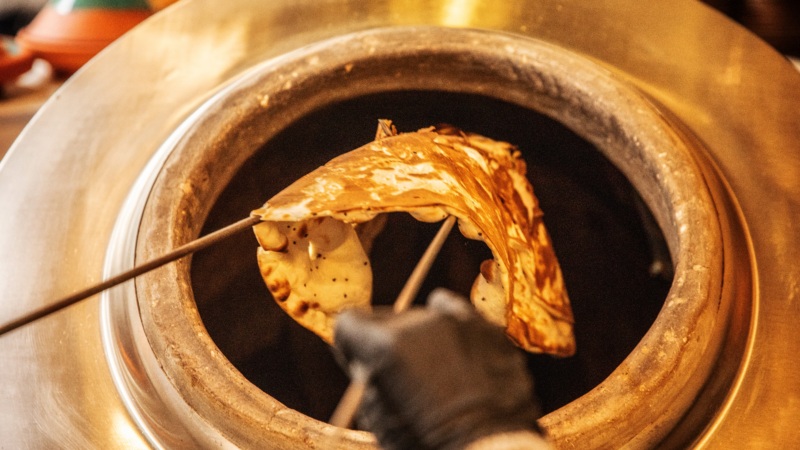
Stephen Satterfield's Corner Table

